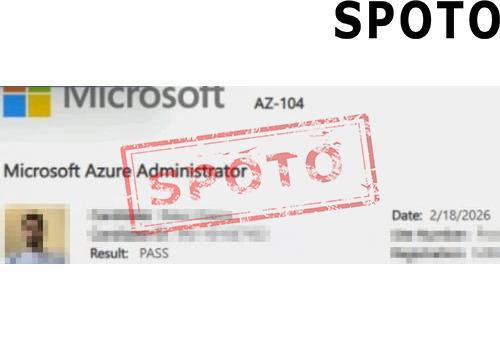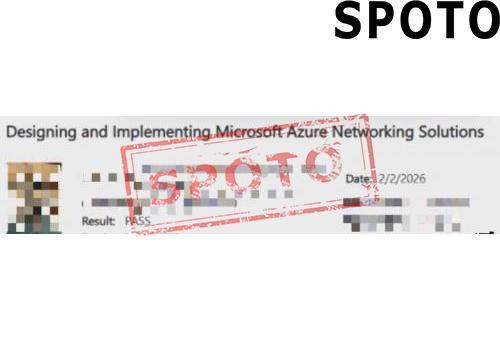
Some Reasons Why To Choose Azure
Businesses all across the world are having remarkable success with cloud-based business solutions. With scalable and secure cloud-enabled corporate applications, they are changing how they conduct business. Ninety percent of Fortune 500 organizations use Microsoft Azure to power their operations globally.
Enterprises can easily design, deploy, and manage simple to sophisticated applications using highly integrated Azure cloud services. As a result of Azure's broad support for programming languages, frameworks, operating systems, databases, and devices, businesses may use tools and technologies they are comfortable with.
What is Azure from Microsoft?
Delivering computer services through the internet, also referred to as the Cloud, is what cloud computing is all about. Some benefits include servers, storage, databases, networking, software, analytics, and intelligence.
The distribution of computing services via the internet is known as cloud computing.
Various cloud service providers exist, including Google, Amazon, and Microsoft. While Amazon has Amazon Web Services (AWS) and Google has Google Cloud Platform (GCP), Microsoft's cloud service is called Azure.
Microsoft describes Azure as a constantly growing collection of cloud services that support your firm in overcoming its present and foreseeable business issues. Since I've been in the business for a while, it's developed quickly and is becoming simpler for data scientists like me—emphasizing the constantly expanding component.
Here are a few of the main justifications for selecting Azure:
Platform-as-a-Service (PaaS) and Infrastructure-as-a-Service (IaaS) capabilities
The IaaS and PaaS services that Azure offers are appealing. Enterprises can outsource their infrastructure to Azure and pay for the resources they use with IaaS. They can build their online apps and solutions with PaaS without purchasing and managing the underlying infrastructure.Businesses can work with leading Azure consultants from the Microsoft partner ecosystem to create enterprise cloud apps using Azure PaaS & IaaS for quick business expansion.
Security Offerings: Azure was created using the Security Development Lifecycle (SDL), a cutting-edge security process. Since security is a fundamental component, private data and services are kept safe and secure on Azure Cloud. Microsoft Azure is the most trusted cloud platform by U.S. government institutions and provides the most satisfactory compliance coverage out of over 50 compliance services. It is also the first to adopt ISO 27018, a new international standard for cloud privacy. Microsoft thus promises the best security for all activities and data on the Azure Cloud.
Scalability and Ductility: Using Azure, it is possible to build applications that expand from 10 to 10 million people without experiencing performance issues. Setting adjustments and using extra processors for the application become easier. Azure Storage offers pliable, secure, safe, and performance-efficient cloud storage services.
Unmatched Hybrid Capabilities: Azure is unique because of its hybrid capabilities. Azure makes it simple to move between on-premises and public clouds and provides a stable, consistent platform. Azure offers a broader selection of hybrid connections to enhance usability and speed, such as virtual private networks (VPNs), caches, content delivery networks (CDNs), and ExpressRoute connections.
Organizations that depend on Microsoft tools like Office 365, Outlook, and SharePoint invest in a cloud platform that flawlessly interacts with Microsoft goods. Utilizing the same virtual on-premises Windows and Linux workstations streamlines operations.
Capabilities for analytics and intelligence: Azure enables SQL and NoSQL data services and built-in support for delving deeper into data and revealing crucial insights for enhancing corporate operations and decision making. Blockchain as a Service (BaaS), machine learning, bots, and cognitive APIs are exclusively available on the Azure cloud platform.
Cost-effective Platform: You only pay for what you use when you develop or extend resources using Azure services, thanks to Microsoft's pay-as-you-go methodology. As Microsoft manages infrastructure on Azure, this drastically reduces the cost of IT administration. It serves 42 regions better than any other cloud provider and easily connects data centers to the Cloud.
Interoperability: For on-premises applications like cloud databases with Azure, integrated apps can be created. Azure supports open standards and Internet protocols like XML, SOAP, REST, and HTTP. There is a software development kit available for applications built in Java, PHP, and Ruby, as well as Azure tools for Eclipse.
Identity and Access Management (IAM): Azure's Active Directory service provides secure IAM capabilities to let authorized users access data. With Azure, businesses may deploy sophisticated IAM capabilities to cut costs and improve agility, supporting creative business activities.
Conclusion
Some beneficial online Azure Exam courses can help you prepare well for your certification. You can seek assistance from SPOTO if you want to fully prepare for the Azure Exam and increase your competitive edge in the IT sector. The link "https://cciedump.spoto.net/" will take you to a page where you may read more about the information you require.
.png)











